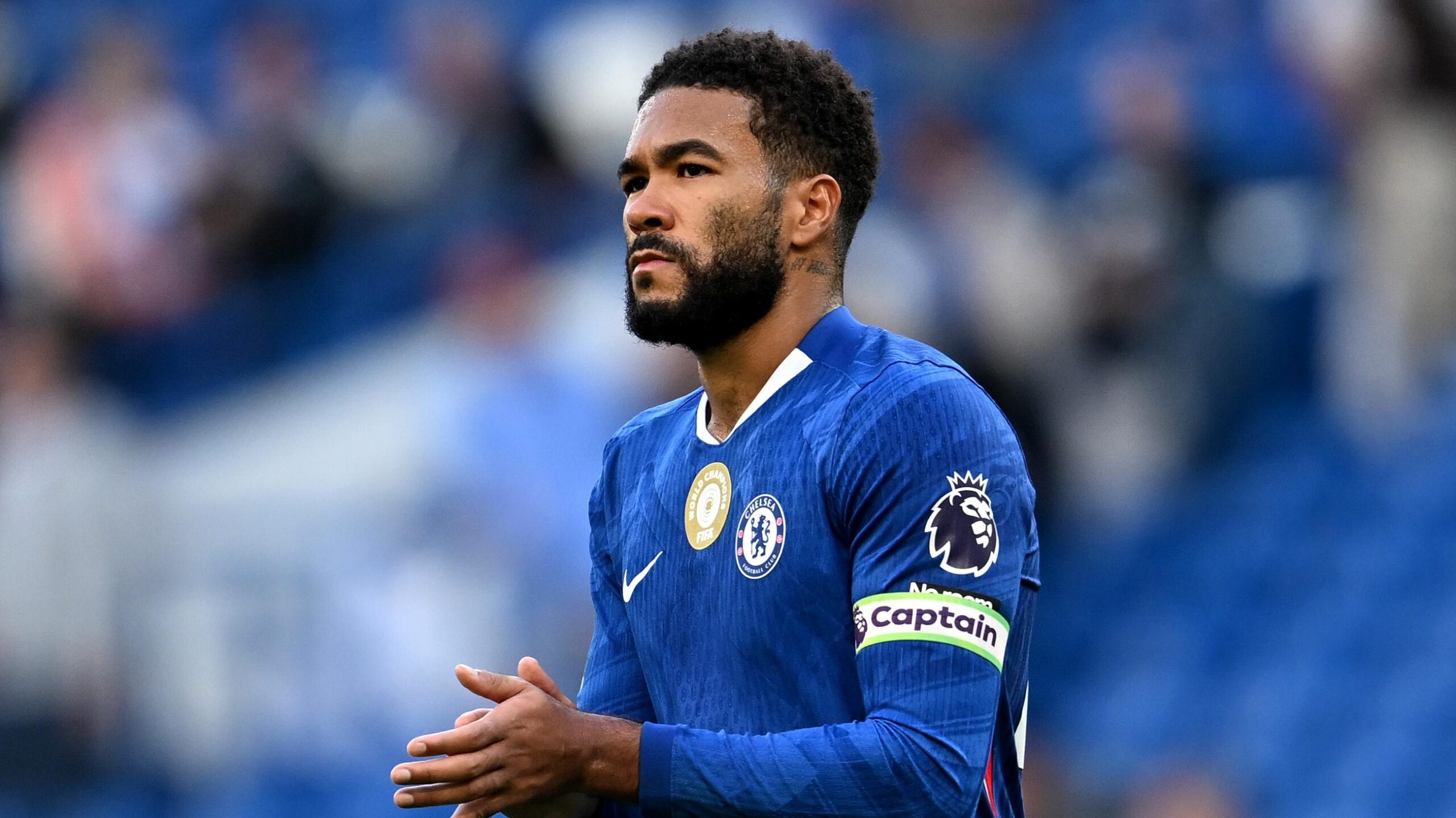LaLiga’s Double Standards Exposed: The Controversy Surrounding Xabi Alonso and Hansi Flick
In the aftermath of recent LaLiga fixtures, controversy has erupted once again — this time centered around the seemingly inconsistent disciplinary actions taken by the Spanish football authorities. The latest debate was sparked after Xabi Alonso’s heated exchange with referee Gil Manzano reportedly went unpunished, raising eyebrows across the football community. Despite what many perceived as intimidation and verbal aggression toward the official, Alonso was neither dismissed from the match nor sanctioned afterward. This leniency has left fans questioning whether all managers are truly treated equally under LaLiga and RFEF regulations.
On the other hand, Barcelona manager Hansi Flick found himself at the heart of a contrasting situation. Following his strong protest against what he described as a “blatant act of robbery” in officiating, Flick was swiftly shown a red card and sent off. His dismissal has sparked outrage among Barcelona supporters, who believe that Flick was merely standing up for his team in the face of questionable refereeing decisions. The abruptness of his ejection has only intensified accusations of bias within the league’s disciplinary system.
Observers have begun to describe this situation as the “permanent double razor” of Spanish football — a term symbolizing the sharp and unequal way justice is applied. Coaches and clubs appear to face vastly different consequences depending on their profile, club status, or even their relationship with the federation. Critics argue that such inconsistency undermines the integrity of the league, eroding the sense of fairness and respect that football should embody at its highest level.
This controversy also rekindles a broader conversation about accountability and transparency in officiating. LaLiga and the RFEF (Royal Spanish Football Federation) have long been accused of protecting certain individuals or clubs while harshly punishing others. When high-profile figures like Flick are penalized for emotional but legitimate protests, yet others escape scrutiny for far more serious outbursts, it creates an environment of distrust. Fans, players, and managers alike are beginning to wonder whether the rules of Spanish football are applied equally — or selectively.
Ultimately, this episode serves as another reminder of the ongoing tensions between clubs and the governing bodies in Spain. Until LaLiga enforces its disciplinary code with consistency and impartiality, these debates will continue to overshadow the brilliance of the game itself. Fairness must be the foundation of competition — without it, even victory loses its meaning.






